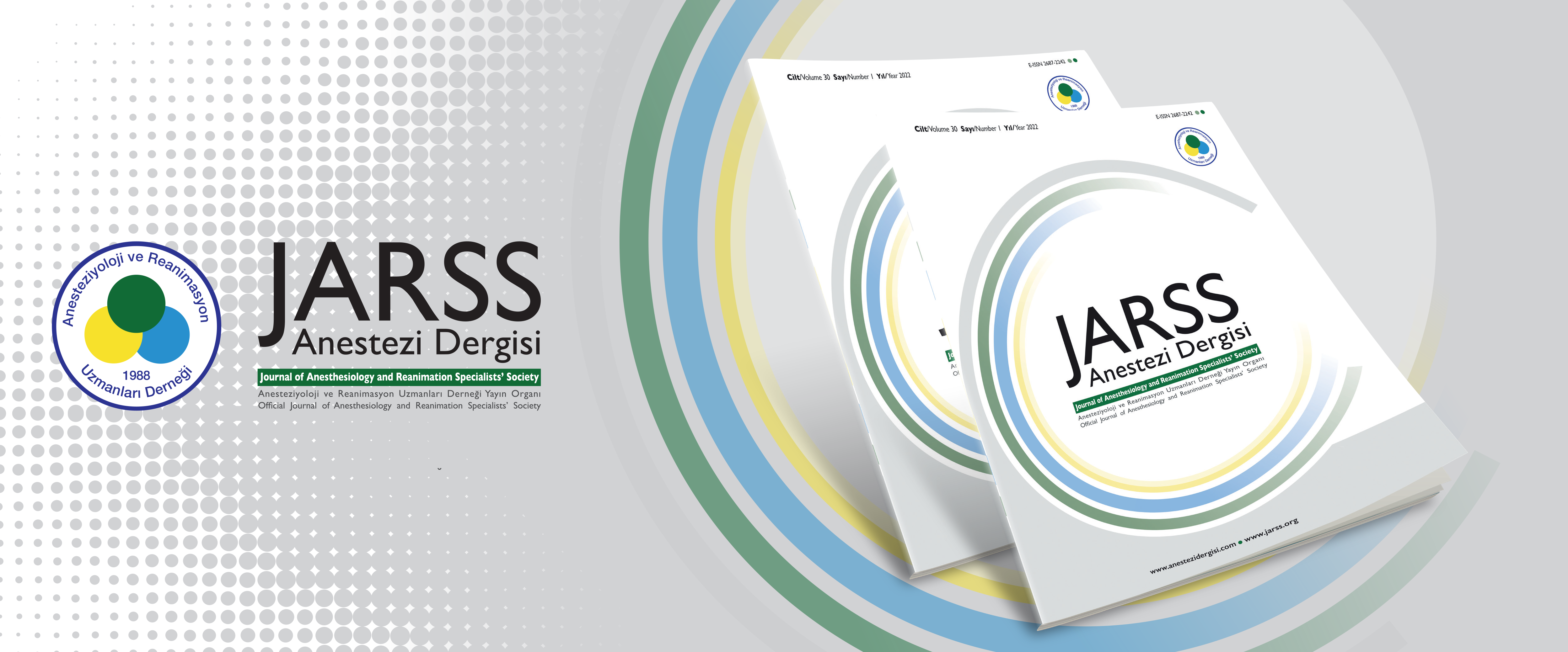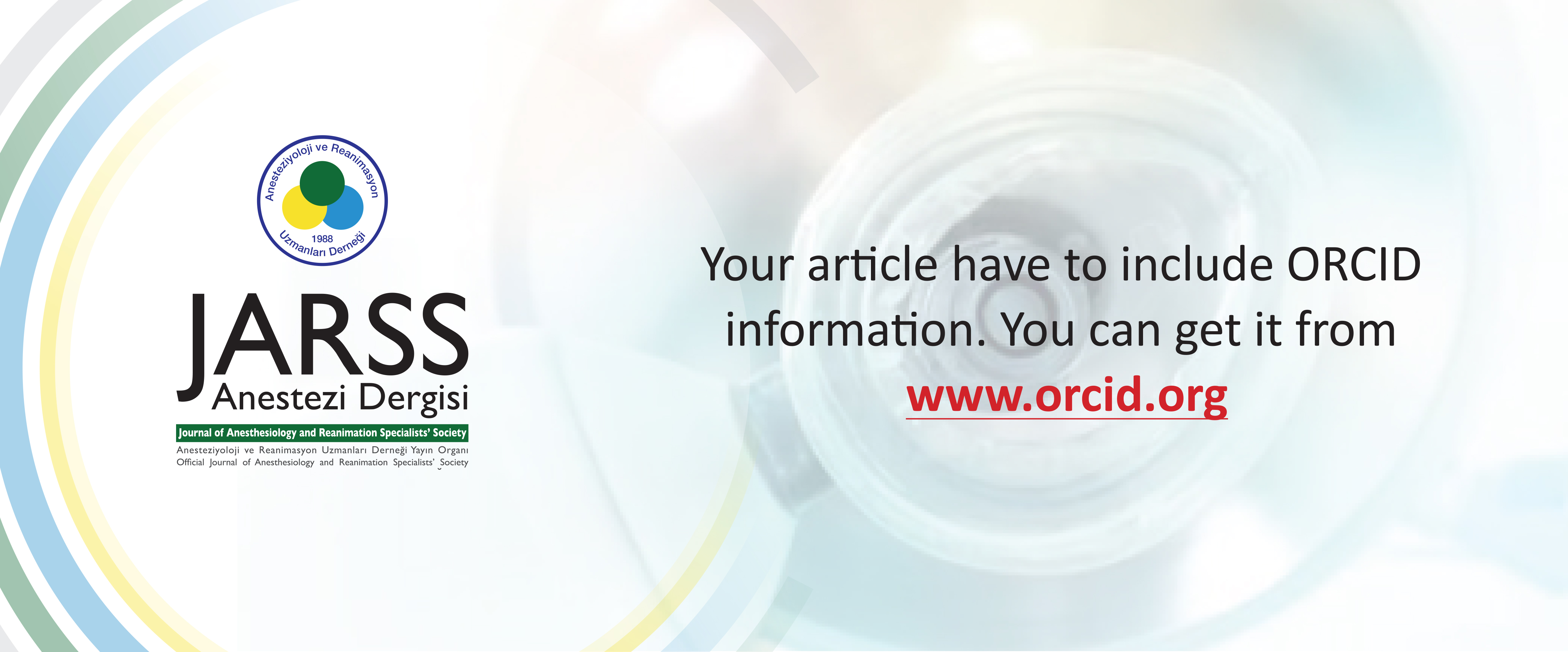Plagiarism Policy
Plagiarism (cheating) is a violation of ethics, regardless of whether it is intentional or not. It is a crime and an unacceptable code of conduct as it is unethical to submit, and publish manuscripts imitating other sources, without citing references. Studies that complete blind peer review in all applications to the journal are evaluated by the JARSS through Turnitin or iThenticate software.
In the articles’ evaluation for plagiarism, JARSS’ criterion is not the percentage of matching. An auditing is carried out by a specialized team excluding percentages of matching but considering the parameters, such as identification of matching paragraphs, whether citations and references are properly written in accordance with the writing rules of the journal, the places of the matching sentences/paragraphs in the article, and the sources with which they are matched. The prepared plagiarism report is sent to the relevant editor of the study. In consideration of the report, the editorial board may request from the author correction of the errors in the manuscript and sent it again or accept or reject it. The acceptance of the study is on the initiative of the editor.
The Editorial Board may act in accordance with the COPE rules against allegations, and suspicions related to plagiarism, citation manipulation and fraudulent misrepresentation of the works submitted to the journal.
















